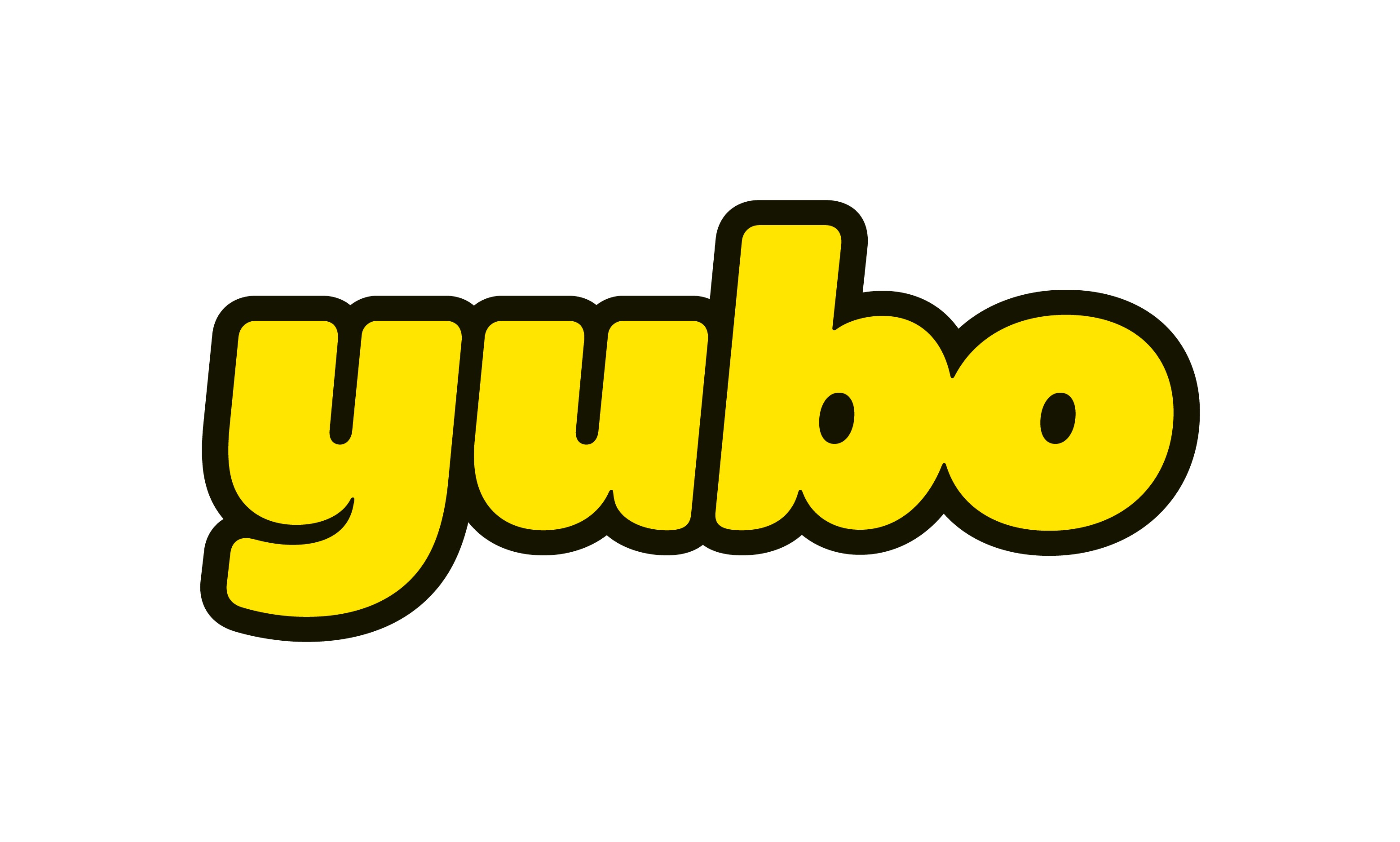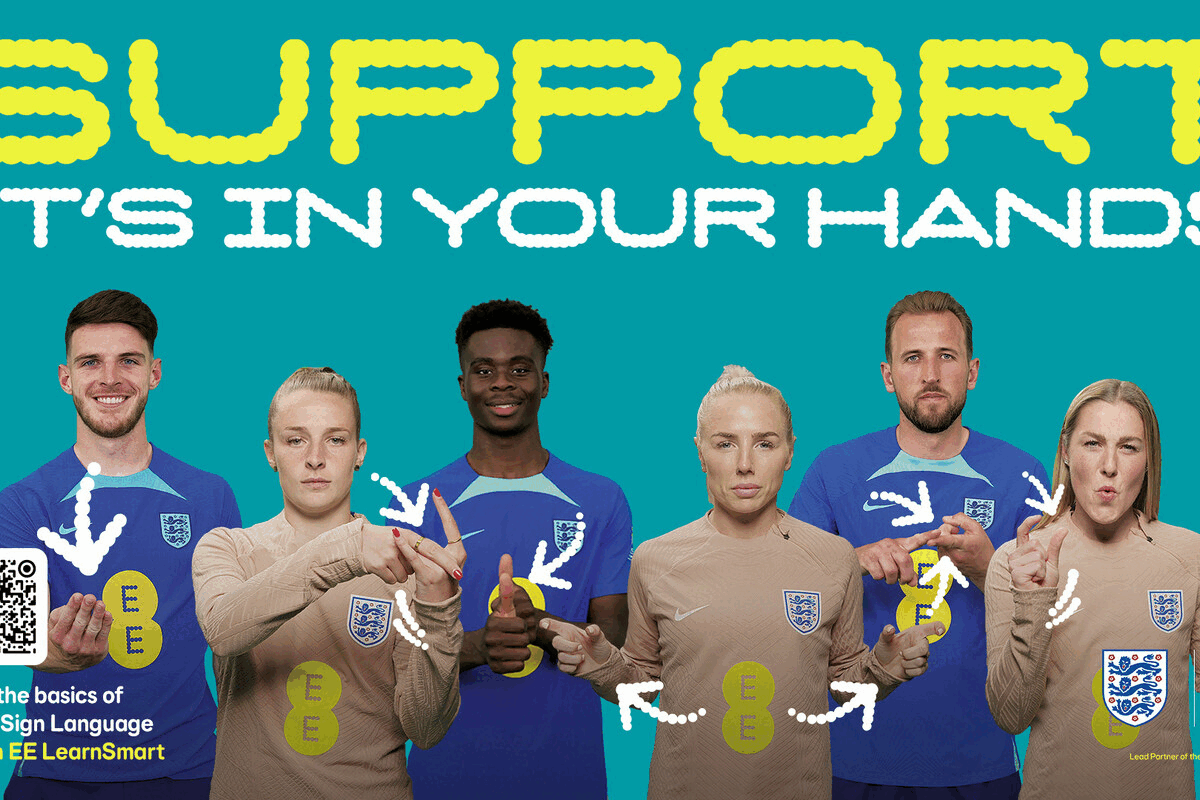Yubo partners with missing childrens charity NCMEC to support Take It Down initiative
- Monday, February 27th, 2023
- Share this article:
 Yubo, the live social discovery app for Gen Z, has partnered with the National Center for Missing and Exploited Children (NCMEC) to support the organisation in its launch of ‘Take It Down’, a free online service which is available globally and was created to help stop sexual exploitation of minors and help young people remove their nude images and videos from the internet.
Yubo, the live social discovery app for Gen Z, has partnered with the National Center for Missing and Exploited Children (NCMEC) to support the organisation in its launch of ‘Take It Down’, a free online service which is available globally and was created to help stop sexual exploitation of minors and help young people remove their nude images and videos from the internet.
Since 2018, Yubo has worked closely alongside NCMEC, the leading non-profit dedicated to finding missing children and reducing child exploitation, in an ongoing partnership to eradicate online child exploitation. With the launch of Take It Down, Yubo continues its collaboration with NCMEC to block the non-consensual use of exploitative photos and videos depicting anyone under the age of 18. The service will complement the wide range of advanced detection tools Yubo already has in place to prevent, remove, and report inappropriate imagery that is shared on the app, and help to further enhance the protection of its users.
NCMEC’s Take It Down service is modelled on StopNCII.org, a UK organisation which helps victimised adults stop the circulation of sensitive media or content of them online. The service works by assigning a unique hash value to each nude, partially nude, or sexually explicit image or video submitted on the site. A hash value works like a digital fingerprint and allows participating online platforms to identify and block imagery that has the same hash, while maintaining privacy and anonymity. In fact, the entire process of submitting a report on Take It Down happens without the image or video being reported ever leaving the person’s device or anyone else viewing it.
Through this partnership with NCMEC, Yubo will scan its platform to help remove, and, when necessary, report any images or videos found on Yubo that have been submitted via the service.
To help prevent victimisation through the spread or use of explicit content, a minor or adult selects an explicit or inappropriate image or video from their device taken before they were 18 that they want hashed and removed, and submits it to NCMEC directly through the Take It Down service.
Each image or video is automatically hashed into a unique digital fingerprint, which can be used to identify exact copies of that image or video. Images and videos remain on the minor’s device and are never actually uploaded to or seen by NCMEC or its Take It Down service.
The hash is added to a recently-developed hash-sharing list maintained by NCMEC, and shared with participating platforms, such as Yubo, which have executed an agreement to receive these hashes submitted by minors.
Platforms may voluntarily scan their services for the hashes, and may remove or report any detected hash matches to reduce the circulation of sexually explicit or exploitative content depicting minors.
To further support the rollout of Take It Down, Yubo has added a new option to the app’s reporting flow, allowing users to report when a sexually inappropriate image or video of themselves is shared on the platform. If users select this option within Yubo’s in-app reporting tool, they will be directed to visit the NCMEC Take It Down site, where they can submit an anonymous report of the content they want removed.
Take It Down is currently available globally in English and Spanish. The service will continue to evolve with new capabilities, such as new languages and hash value matching of live photos or Boomerang videos, which it currently does not cover.
“The issue of non-consensual sharing of explicit content online is complex and long-standing, but Take It Down and other services like it represent a significant step forward for teens, and adults, who have been victimised by this issue firsthand,” said John Sheehan, VP of NCMEC’s Exploited Children Division, and a member of Yubo’s Safety Advisory Board. “We are thankful for the support of participating platforms like Yubo as we work to expand Take It Down, and our other initiatives, to make the internet safe for kids and teens.”
















